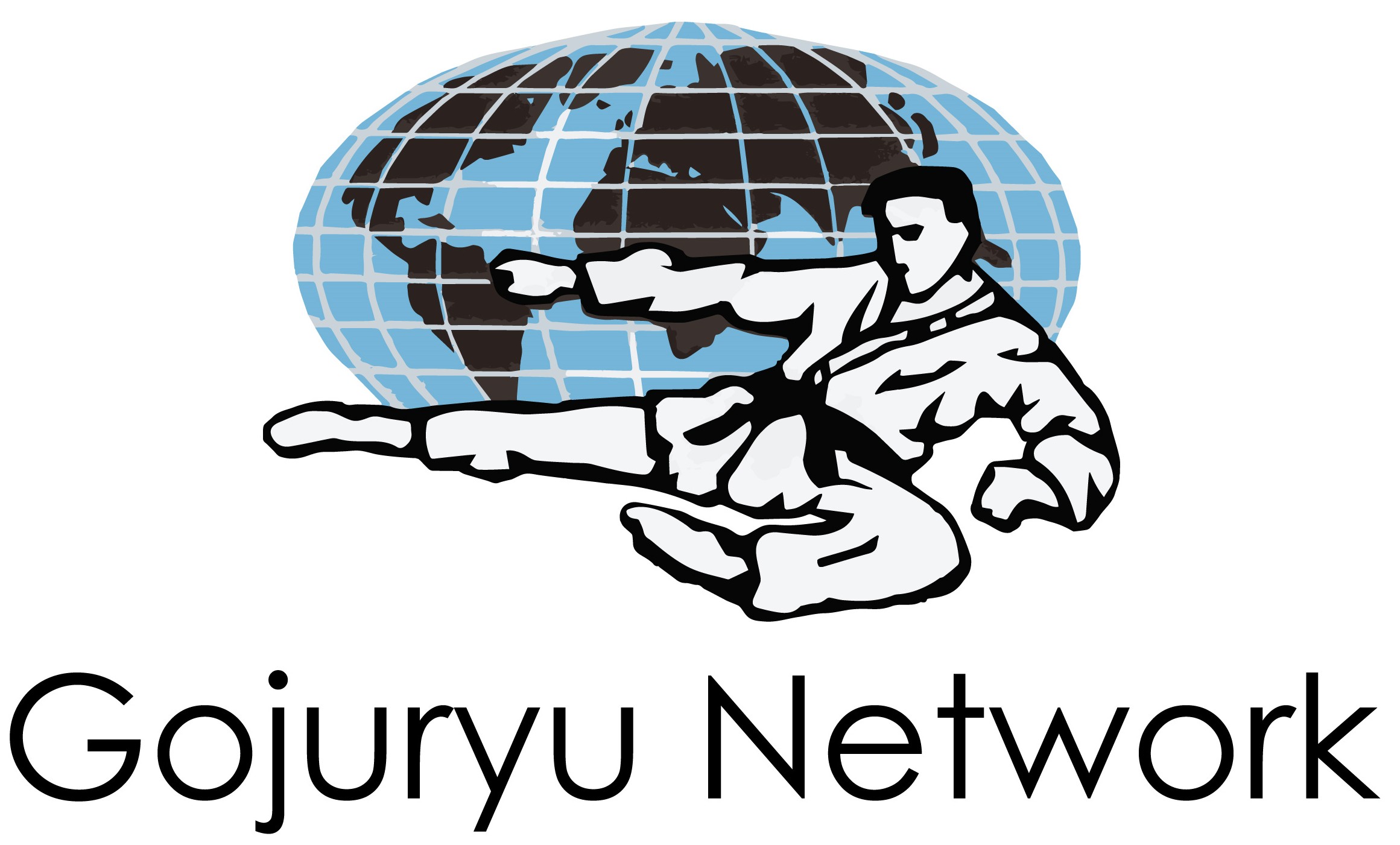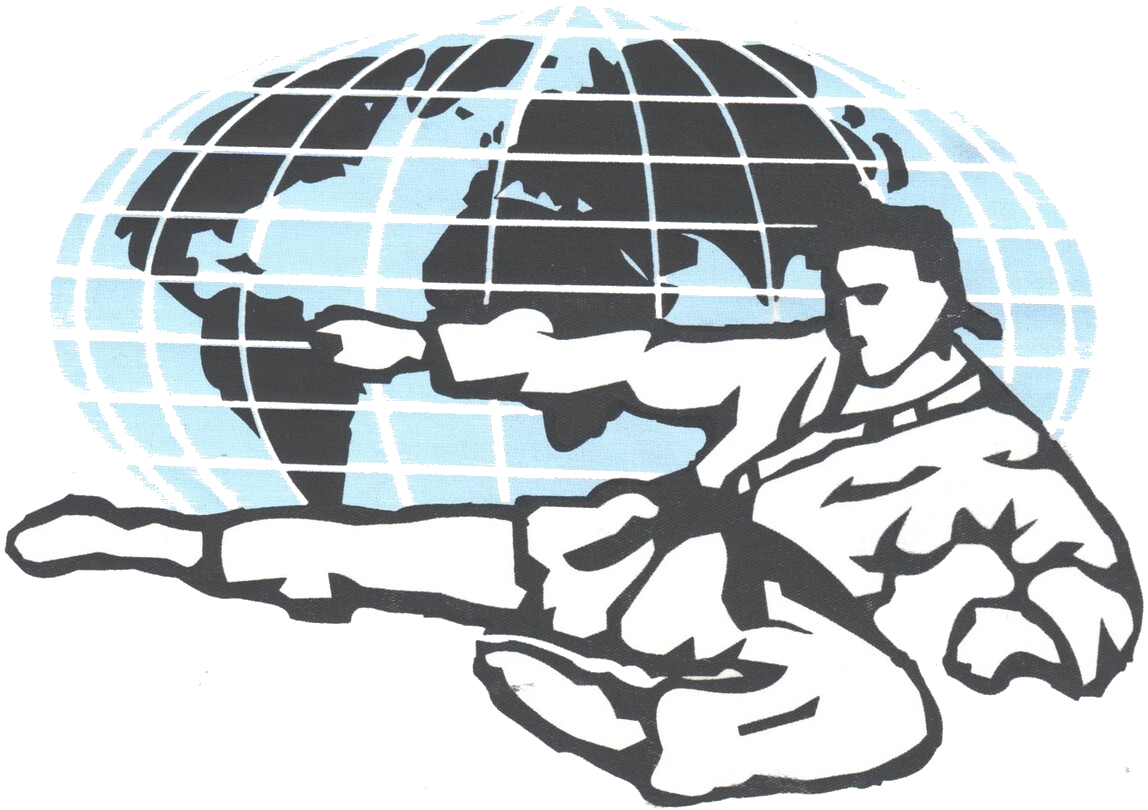The Interplay of Ki (気) & Konjō (根性) in Martial Arts Philosophy
All Gojuryu Network (www.gojuryu.network) & SKSV (Gojuryu.net) cross-post
By Johnpaul Williams – Feb 6, 2024
Konjō (根性) as a concept, a demeanor, a theory or emotional state, could easily be a subject of a thesis standing alone.
The following entry was initially written for inclusion to a thesis for a journal publication, at the suggestion of my colleagues Charles Fink and Kay Sakaue. After a final review before a revised submission I concluded that although it was great to have this composition in mind while penning the document, it wasn’t necessarily relevant to the final publication and was therefor minimalized.
In the realm of martial arts, the concepts of Ki (気) and Konjō (根性) hold profound significance, embodying the essential interconnection between the physical and mental aspects of human existence. These concepts are not merely abstract notions but are deeply ingrained in the practice and philosophy of martial arts, offering practitioners a path to not only master their physical skills but also to cultivate a resilient and powerful inner self.
Understanding Ki (気): The Vital Life Force
Ki, or 気, is often translated as “vital life force” or “energy.” It is a foundational element in martial arts, representing the source of all physical and spiritual power. According to traditional beliefs, Ki resides in the Hara (腹), located approximately 5cm below the navel. This area is considered the center of a person’s physical and spiritual existence, where Ki is harnessed and controlled to project authority and power.
The concept of Ki transcends mere physical strength, encompassing the ability to influence and dominate through presence and energy. Martial artists train extensively to master the control of Ki, enabling them to extend their influence beyond the confines of their physical body, creating a palpable sense of authority and command in their practice and competitions.
Konjō (根性): The Essence of Willpower & Determination
Konjō, or 根性, translates to “willpower,” “guts,” or “determination.” It is the mental and emotional counterpart to the physical energy of Ki, representing the unyielding spirit and inner strength required in martial arts. Konjō is about the perseverance to face challenges head-on, the resilience to withstand adversity, and the unwavering commitment to achieve mastery and excellence.
In martial arts, Konjō is manifested through a practitioner’s ability to project their inner strength, transforming it into a powerful force that complements their physical abilities. It is the driving force that enables martial artists to push beyond their limits, to stand firm in the face of overwhelming odds, and to exhibit an unbreakable spirit in both training and combat.
The Synergy of Ki and Konjō

Konjō 根性 Willpower & Determination
The relationship between Ki and Konjō is one of deep interplay and mutual reinforcement. The unity of mind and body, a core principle in martial arts philosophy, is epitomized in the harmonious balance between these two forces. By focusing and channeling Ki, martial artists enhance their presence and command, appearing more confident and authoritative. Simultaneously, the mental fortitude provided by Konjō allows them to remain calm and composed, even in the most challenging situations.
This dynamic interconnection means that a strong and determined mindset (Konjō) can significantly influence the ability to harness and project Ki effectively. Conversely, the mastery of Ki can elevate a practitioner’s mental and emotional resilience, enabling them to tap into deeper levels of determination and willpower.
Conclusion
The interplay of Ki and Konjō in martial arts philosophy underscores the holistic approach to personal development that martial arts promote. These concepts teach practitioners to cultivate not only physical prowess but also mental and spiritual strength, offering a path to achieving balance and harmony in all aspects of life. The Ki (気) and Konjō 根性 relationship can be summarized as:
- Physical and Mental Unity: Konjō and Ki emphasize the importance of unity between the mind and body.
- Projection of Presence: To establish authority, one must project a strong presence. By focusing and channeling Ki, martial artists can appear more confident and in control of their surroundings.
- Calm Under Pressure with Confidence: When faced with challenging situations or opponents, the mental fortitude of Konjō, combined with the calming effect of harnessing Ki, allows martial artists to assert authority while maintaining composure.
- Connection to the Mind: In the context of authority projection, this means that a solid and determined mindset (“Konjō”) can directly influence the ability to harness and project “Ki” effectively.
Through the mastery of Ki and Konjō, martial artists strive not only for excellence in their practice but also for a deeper understanding and control over their inner and outer worlds.








